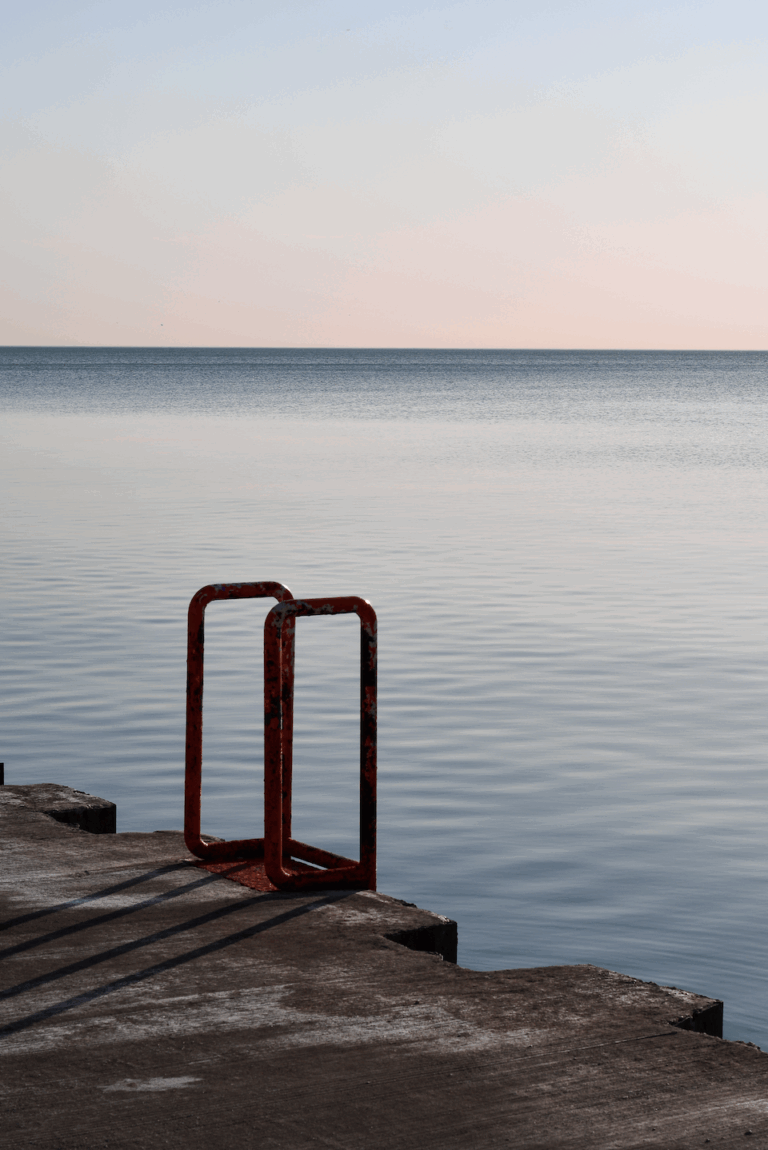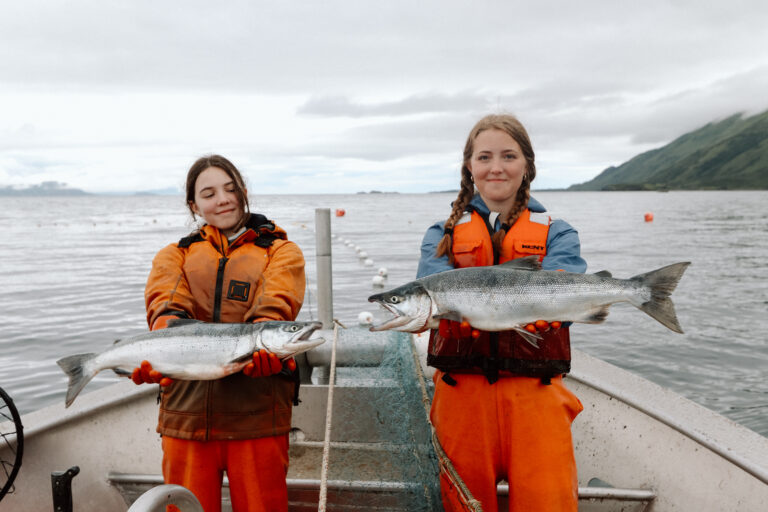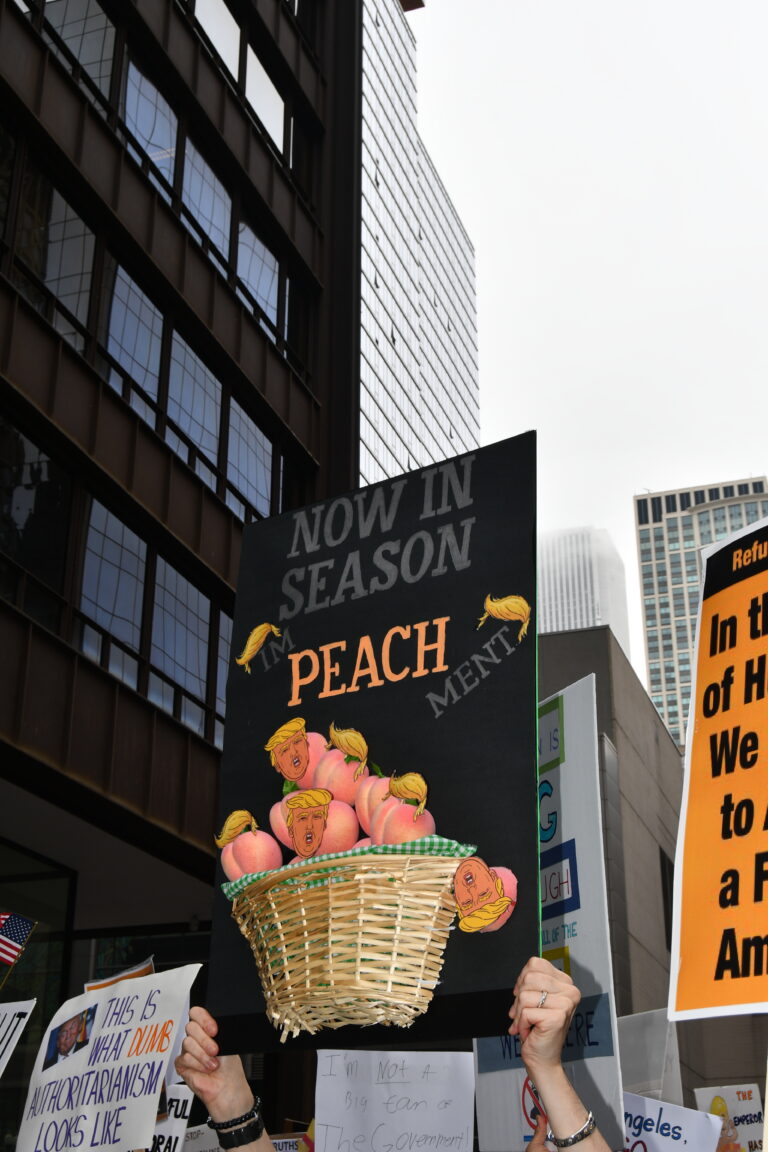
Beer Put the Wind in Chicago Politic’s Sails
The Beer Culture Summit is at the nexus of hoppy history, culture, science and enjoyment.
One of the most important moments in Chicago history is the city’s very first record of civil unrest, according to historian and museum professional Liz Garibay. The animating force behind that unrest, per Garibay? Beer.
Elected by a coalition of temperance advocates in 1855, Mayor Levi Boone ran on a nationalist platform and, once in office, started changing liquor laws to target the heavily immigrant-run bar and beer industry. In protest, bar owners stayed open on Sundays and faced mass arrests evolving into what is now known as the Lager Beer Riot.
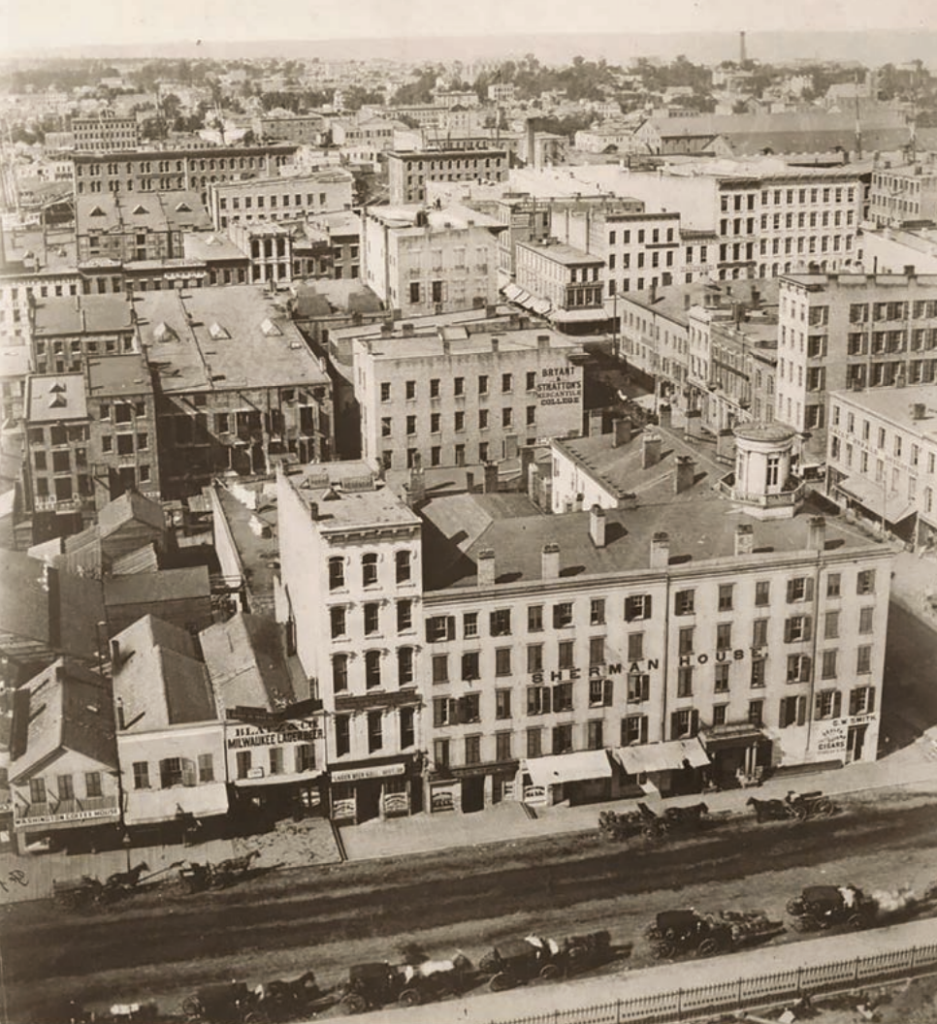
Photo of The Sherman House by Alexander Hesler, 1858, Chicago History Museum.
Garibay describes it as “the first time [in Chicago] that a lot of different immigrant groups decided to organize and get to city hall to protest.” They successfully convinced city council to lower liquor license fees and allow pubs to stay open on Sundays, which more broadly demonstrated a victory against nativist policies intended to police how the immigrant working class made their money and spent their time.
“The beer riot happened because of people’s willingness to come together to fight laws that were very much connected to the beer industry,” remarks Garibay. “But more importantly because they stayed organized, they were able to make political change… it was the first time that Chicago got its identity as a political machine. There are a lot of stories like that, not just in Chicago, but around the country and around the world where people truly have come together to create change, and it’s all connected to alcohol.”
For Garibay, studying beer was a bit of a hobby until she started implementing her work at the Chicago History Museum in the mid-2000s. As a Latina and daughter of immigrants, Garibay found that the museum and arts and culture industries were not always welcoming spaces to everyone. “I was often told that looking at stories of beer — god forbid letting people drink while we discuss — was dumbing down history.” Once Garibay convinced the Chicago History Museum to let her create more interactive, beer-focused programming, they started to reach “demographics that really didn’t come through those doors before.” Garibay ultimately left the museum in 2012 to pursue her vision of creating spaces that were willing to unabashedly hold up beer as a key subject in global history, a conduit of social change, and an enjoyable beverage that attracts patrons into once-stuffy cultural institutions.
In 2018, Garibay launched an exhibition at the Field Museum called the Chicago Brewseum, which told the story of Chicago through beer from its early days of settlement in 1833 to the 1893 World’s Columbian Exhibition (where, notably, Pabst did not actually win a blue ribbon!). The Field exhibition led way to the Beer Culture Summit, which Garibay launched in 2019 in collaboration with the Smithsonian’s National Museum of American History.
For Garibay, museum and academic conferences were always “the same people talking about the same stuff,” while beer festivals were just about drinking beer, and existing beer conferences were very technical and meant for beer producers. She explains, “the Beer Culture Summit was something I wanted to be a little bit of everything; you could be a big geek and want to hear German hop scientists talking about the problems with potential hops extinction, or you could jump in on a session that talks about people being Black and queer in beer, or [experience] everything in between.”
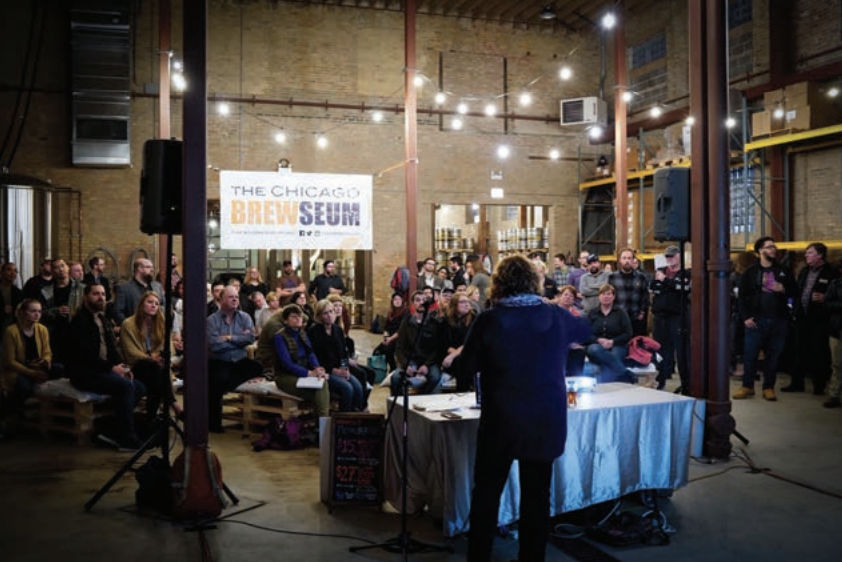
The Beer Culture Summit has come to define the Beer Culture Center, the 501(c)(3) behind the summit and where Garibay serves as Executive Director. Much of their programming is focused on elevating lesser-known aspects of beer history and rooted in addressing diversity and equity. Despite a 2019 report by the Brewer’s Association showing the industry’s dominance by white males, Garibay stresses the importance of remembering that the earliest brewers were women. By challenging outdated narratives and bringing people together over beer, the Beer Culture Center aims to transform cultural perceptions and industry practices.
The 2024 Beer Culture Summit will be held from October 16-19, offering virtual sessions globally and in-person events in Chicago. For more details or to subscribe to their newsletter, visit beerculturecenter.org.

